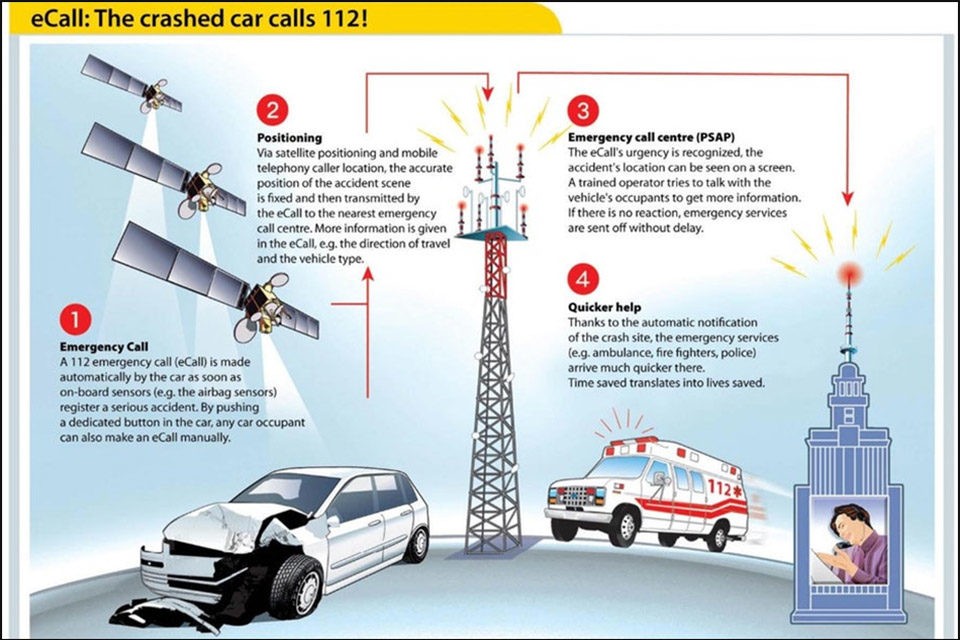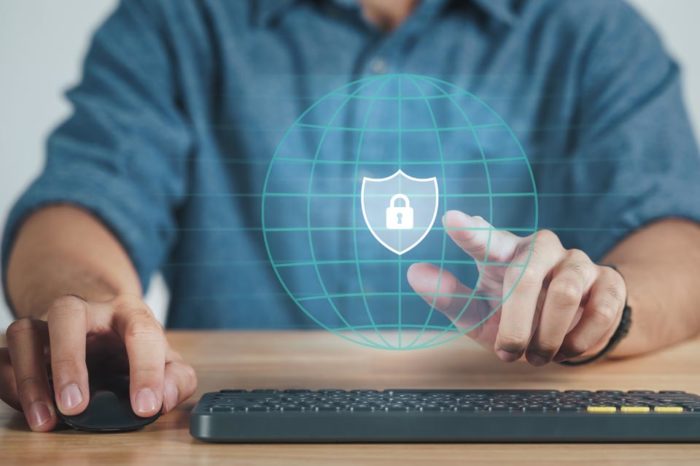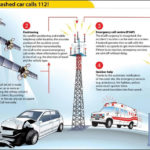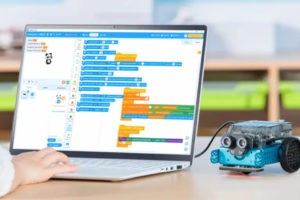eCall: With “Big Brother” on the move?

The “emergency call” (eCall) adopted by the European Parliament in 2015 is a new automatic emergency call system for motor vehicles conceived by the European Union, which manufacturers will have to incorporate into all new models of their passenger cars and commercial vehicles from 31 March 2018.
On the basis of statistical data, it is claimed that the use of the eCall system will significantly reduce the number of road deaths within the EU.
“The introduction of an EU-wide emergency call system is an important improvement in safety for road users in Europe. This can save around 2500 lives a year and significantly reduce the severity of injuries in tens of thousands of cases. The eCall system will cost consumers nothing and will be available to every driver, irrespective of his or her vehicle.” – Olga Sehnalova (MEP, CZE)
The IoT device installed in the vehicle, equipped with a variety of sensors (from GPS/Galileo via GSM to acceleration and inclination sensors) and connected to the vehicle’s on-board infrastructure, is to automatically report a traffic accident to the uniform European emergency number 112 – and thus be able to initiate rescue measures more quickly. The system then transfers data for this purpose: For example, the exact vehicle position, the number of passengers, deployed airbags, vehicle position/tilt… etc..
“We are looking forward to the introduction of this technical development, as the data will provide us with a clear identification of the location of operations. It remains to be seen to what extent the data will be sufficient for a qualified disposition of the necessary rescue equipment.” – Jan Ole Unger – Press Officer of the Hamburg Fire Department.
However, the obligatory monitoring device will not have an optional “off” switch, so it will permanently collect data – and could forward it at any time.
Although MEPs (Members of the European Parliament) added a data protection clause to their draft law on the eCall system to ensure that vehicles should not be constantly trackable due to the technology used, minimal standards for securing the equipment, or even binding regulations on ways to intervene in the operation of the equipment, were not adopted.
“The problem with eCall is that an interface is created between the car and the Internet, and this interface can then also be used for other purposes, which is even explicitly planned. […] But with this interface, for example, the car can also be tracked daily or every second.” – Thilo Weichert (data protector, lawyer, former data protection officer of Schleswig-Holstein in an interview with Deutschlandfunk Kultur)
It may only be a matter of time before reports of the first hacks of the devices make the rounds; until small, independent garages offer the deactivation of the devices as a service – and company fleets may be digging for crypto currencies.
The ÖAMTC – the Austrian automobile, motorcycle and touring club – also criticized this. “At present, there are no clear rules as to who may use and pass on the data for what purpose. The Drivers’ Club is calling for its own data law.” – ORF










